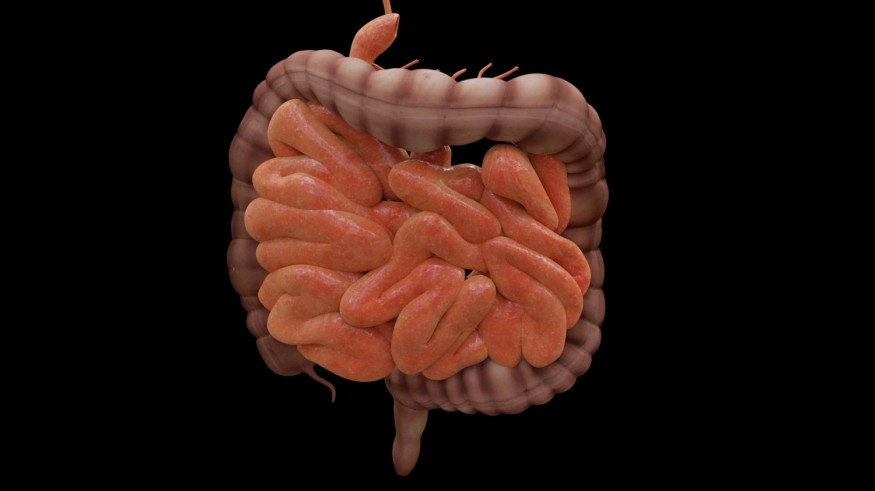
In a recent study, researchers discovered that being continuously exposed to the food dye Allura Red AC is detrimental to one's gut health and prompts inflammation.
Allura Red AC, a Common Collorant
According to SciTechDaily, the said ingredient, Allura Red (also termed as Food Red 17 and FD&C Red 40) can commonly be spotted in various foods, including soft drinks, dairy products, cereals, and candies. It is commonly used to add texture and color.
In the past decades, the use of Allura Red has been significantly boosted. However, according to Science Alert, there are only minimal research efforts that focus on how dyes impacts the gut.
ALSO READ : 3 Gut Feelings You Shouldn't Ignore
Prolonged Consumption of Allura Red AC Harms the Gut
Now, in a recent research published in Nature, it was discovered that when one is continuously exposed to the ingredient, it is detrimental to gut health and leads to inflammation. SciTechDaily notes how according to Waliul Khan of McMaster University, consuming the ingredient for prolonged periods may potentially lead to IBDs or inflammatory bowel diseases. According to Science Alert, this collorant may lead to inflammation in one's large intestines.
Science Alert notes how this colorant affects the barrier function of the gut and boosts serotonin production. Serotonin is a type of neurotransmitter or hormone that can be seen in the gut. This, thus, changes the composition of microbiota and prompts higher chances of getting colitis.
Khan states how such research findings show the detrimental impacts of the collorant on gut health and points out how serotonin is crucial in moderating such impacts. He further states how these results have significant implications when it comes to preventing and handling inflammation of the gut. It is also helpful in informing the general public about how regularly consumed food dyes can be harmful.
Inflammatory Bowel Diseases
IBDs, in general, are serious inflammation within the bowel that are chronic and that is faced by over millions of individuals across the globe. Even if their exact triggers and causes have not been fully comprehended, SciTechDaily notes how research reflects that gene-related factors, imbalances in gut microbiota, immune responses that are dysregulated, and environmental conditions may trigger such conditions.
According to SciTechDaily, Khan mentioned how environmental factors that contribute to IBDs include the usual Wester diet, which typically comprises processed and red meat, sugar, and processed fat. Khan also mentioned how such a diet also had large additive quantities and dyes added.
On top of this, Khan also mentions how their research suggests that consuming the ingredient may impact particular allergies, immunity conditions, and behavioral issues within children, including ADHD.
He notes that this study suggests a connection between IBDs and food dyes. It prompts the need to further investigate this link within epidemiological, clinical, and experimental conditions.
Check out more news and information on Medicine and Health in Science Times.











